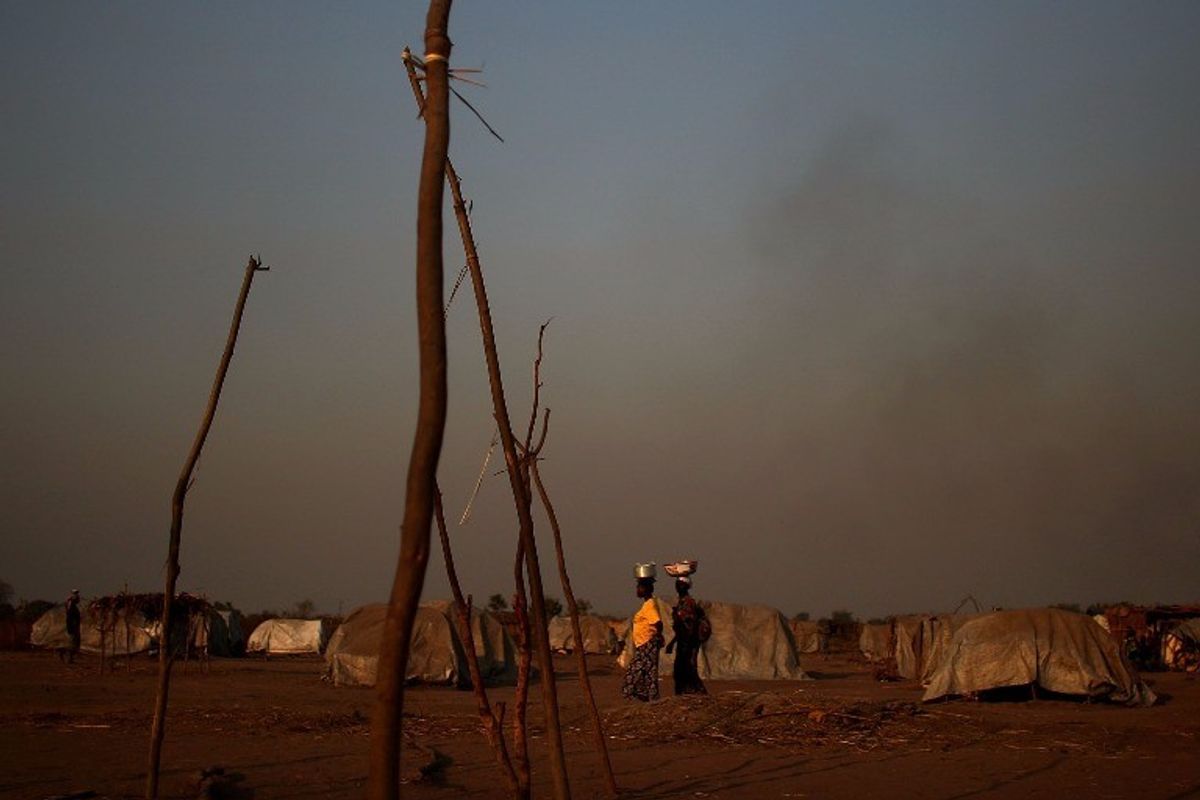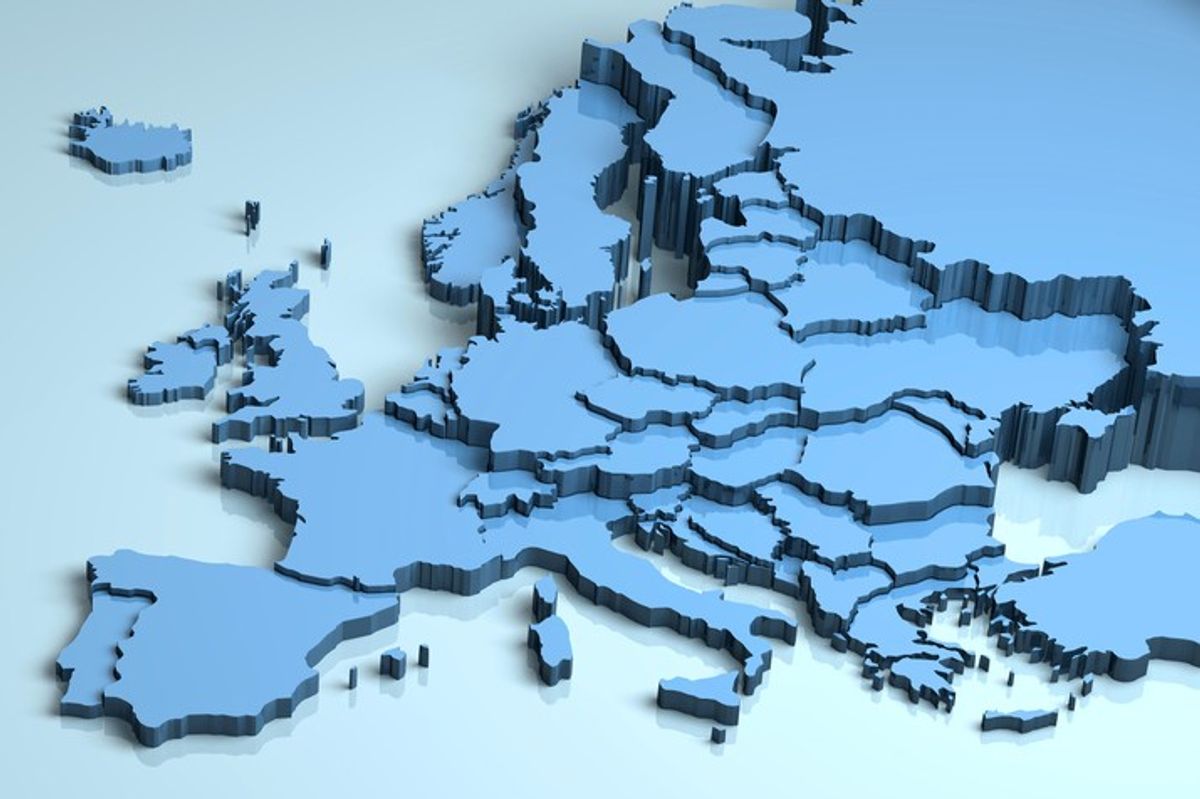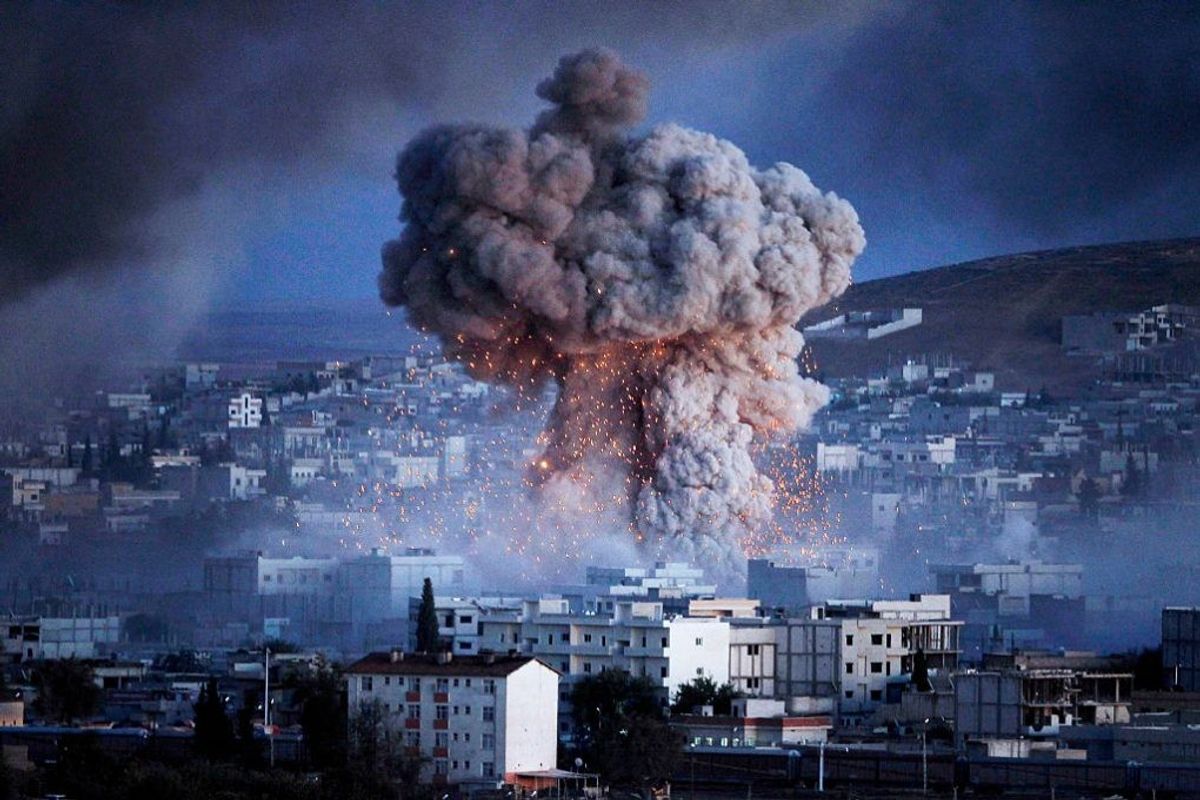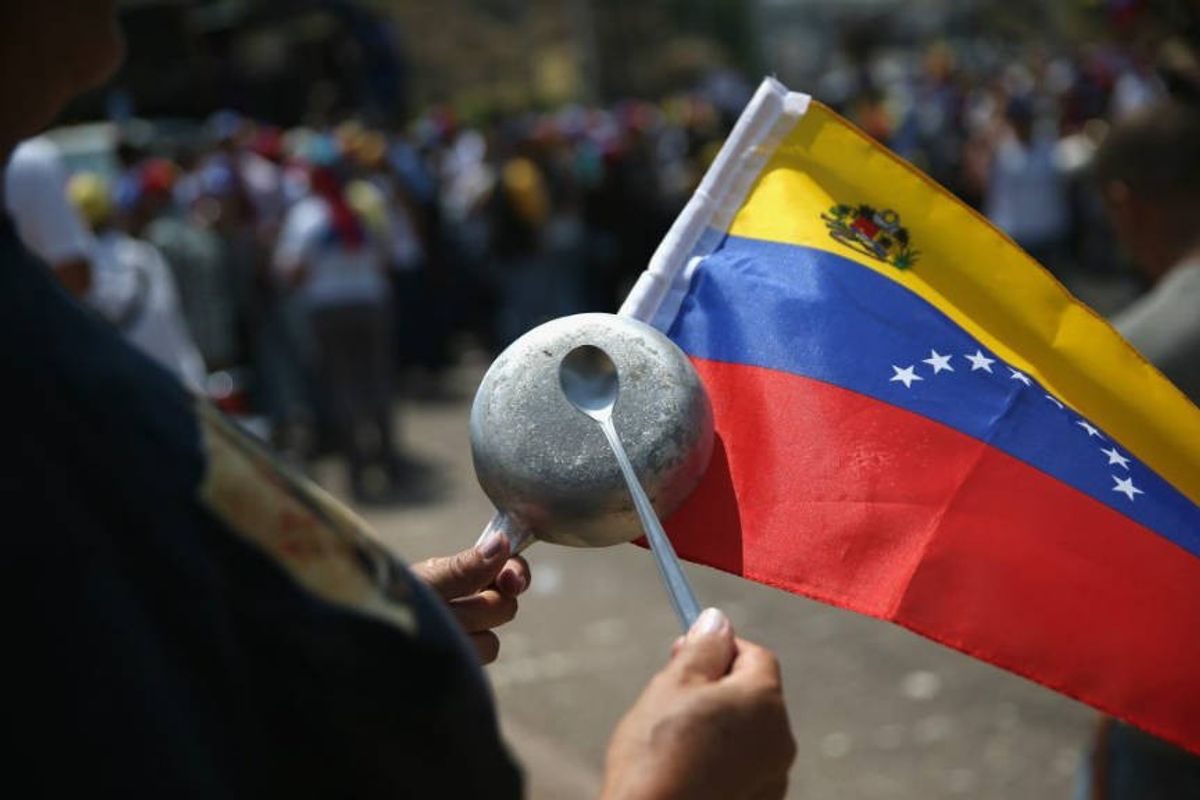Long the example of stability on the African continent, South Africa emerged in the 1990s, after decades of apartheid, as an up-and-coming democracy ruled by the African National Congress (ANC), then headed by Nelson Mandela. It was listed as one of the BRICS rising economies – along with Brazil, Russia, India, and China. For the past two decades it has served as an inspiration for how African economies and governments can transform.
Now, the once-promising democratic state is plagued by high unemployment and inflation, along with political turmoil. In the first quarter of 2017, South Africa’s economy sank into recession, while credit ratings agency Moody’s Investors Service downgraded the country to just above junk status. Standard & Poor’s and Fitch Ratings had previously downgraded South Africa to “junk.”
Moody’s Analyst Zuzana Brixiova cited the economy’s 3.9 percent drop in growth last year, and the service’s forecasts of growth below 1 percent this year, and just 1.5 percent next year. Moreover, “The institutional framework has become less transparent, effective and predictable, and policymakers’ commitment to previously-articulated reform objectives is less certain,” she wrote.
The current ANC government, led by President Jacob Zuma, faces internal divisions – as some continue to support Zuma, while others are showing signs of dissent, as the economy spirals downhill, and as corruption allegations plague the President and diminish his public support.
A March cabinet reshuffle caused an uproar and sparked protests against Zuma across the country that continue to this day. Zuma removed Finance Minister Pravin Gordhan, who is known for being tough on corruption and who apparently clashed with Zuma over economic issues, like the management of state-owned enterprises.
Zuma and his followers have been accused of links with the wealthy Indian Gupta family, with the Guptas allegedly influencing Zuma in making government appointments, to advance their own business interests. Both the Guptas and Zuma deny the allegations.
South Africa dropped lower on this year’s Fund for Peace Fragile States Index, making it the sixth most-changed from last year – for the worse. “The long-term trends of the FSI have also raised red flags on a number of countries – in particular South Africa,” wrote Fund for Peace Executive Director J. J. Messner, adding, “the conditions that could precipitate instability have worsened significantly.”
South Africa is now only the third most-stable country in Africa, according to the FSI, falling behind its neighbor Botswana and Ghana in West Africa.
However, retired Ambassador John Campbell told The Cipher Brief he “would take its position on the [FSI] as actually supporting the … argument for stability.”
“It’s ranked as the third most-stable on the continent, and it is far larger than No. 1 [Botswana] and No. 2 [Ghana],” noted Campbell, who is now a fellow for Africa studies at the Council on Foreign Relations and recently wrote a book called Morning in South Africa.
“South Africa is not unstable nor is it moving to instability,” said the University of Johannesburg political scientist Steven Friedman.
“The country is paying a political and economic price for not accompanying political reform with structural, social, and economic reform,” Friedman said, “But the society’s institutions – free elections, an independent judiciary, and free media – are very strong.”
South Africans have been widely protesting against the Zuma government over the past few months, with minimal crackdowns. Elections for ANC party leader at the end of this year and presidential elections in 2019 are likely to see Zuma lose power, if the current course continues.
“The opposition in the Parliament is well-organized, knows every trick of the trade, and has been able to stop or reverse every one of the quasi-criminal initiatives undertaken by the Zuma government,” said Campbell. “The judiciary regularly rules against the government,” he said, and, “The government has to accept the rulings of the judiciary.”
Last June, a South African court ruled Zuma must face 783 corruption charges; before that, in March, the country’s superior court, the High Court of South Africa, determined Zuma had violated the South African constitution by not repaying government money spent on his private home.
Former Assistant Secretary of State for African Affairs in the George H. W. Bush Administration, Ambassador Herman Cohen, acknowledged the corruption issues, telling The Cipher Brief, “The ANC current leadership [sees] the state-owned enterprises as places where they can profit … So now everybody hates Zuma because of the corruption.”
Still, Cohen says he subscribes to the “South Africa is stable” camp: “It’s a strong country because the institutions are doing well and they’re not suffering from this problem of corruption.”
If the country’s democratic institutions survive the corruption, cabinet reshuffling, and public discontent with the government and the economy, there is a growing possibility that the ANC will lose power for the first time since Mandela led the party to victory.
“It is no longer expected or a given that the ANC will win the 2019 elections,” Prince Mashele, Executive Director of the South African Centre for Politics and Research, told The Cipher Brief.
“The sense of the public is that the ANC is arrogant, and it does not listen to the consensus of ordinary South Africans … the poor living conditions of black South Africans have not fundamentally changed since the ANC took power in 1994. There’s a feeling that the ANC has failed to meet the expectations of its constituency – black South Africans,” Mashele said.
The opposition Democratic Alliance (DA) now controls the governments in Nelson Mandela Bay, Johannesburg, and Pretoria – three huge metropolitan areas.
Cohen called current DA leader Mmusi Maimane “charismatic” and “a great speaker,” noting the party – that was historically dominated by white and mixed-race people – is developing black leadership and now “looking good to the black population,” meaning it could gain even more ground across the country.
Kaitlin Lavinder is a reporter at The Cipher Brief. Follow her on Twitter @KaitLavinder.











